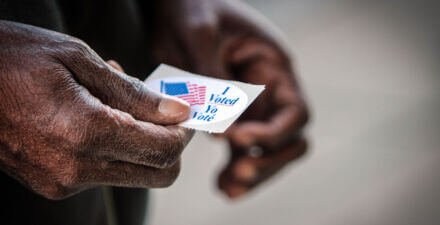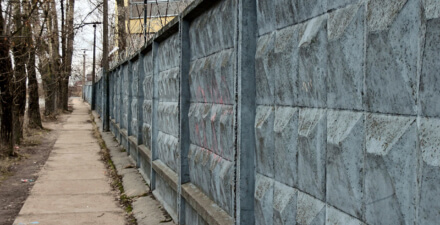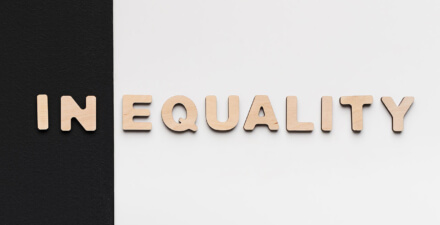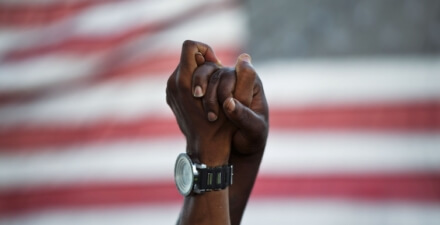Justice Ketanji Brown Jackson will bring new perspectives on mass incarceration to U.S. Supreme Court jurisprudence
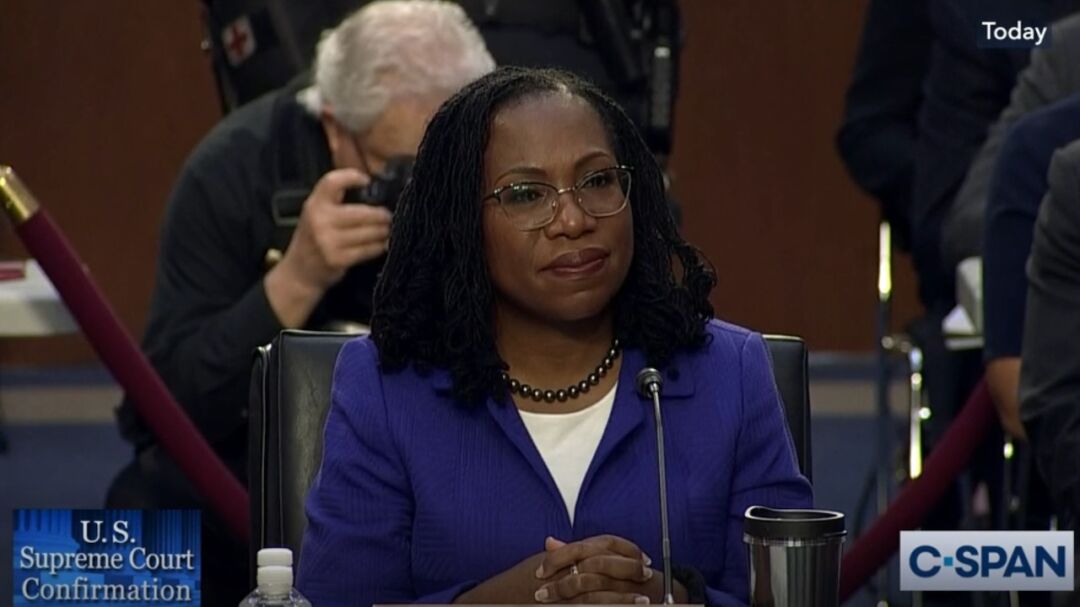
Justice Ketanji Brown Jackson made history today after the U.S. Senate confirmed her nomination to the U.S. Supreme Court by a vote of 53 to 47. The Senate vote sealed her position as the first Black woman to serve on the Supreme Court in its 233-year history. Justice Jackson’s confirmation gives the nine-member court four women and two Black justices for the first time ever. She will also be the first former public defender to serve on the nation’s highest court, its second-ever working mother, and its second former criminal defense attorney.
What will this array of historic signposts mean for jurisprudence on the high court bench? Justice Jackson’s history of public service, her demonstrated legal expertise on incarceration, and her lived experiences as a Black woman all make her perspective unique, one that differs greatly from the current justices on the court. And because the Supreme Court primarily takes cases that adjudicate social issues, it is important to underscore not just her experience as a public defender but also some of the research that highlights the link between one of the great social issues of our day: the legacy and immediacy of the consequences of mass incarceration of lower-income individuals and people of color in the United States on their well-being and intergenerational mobility.
The United States jails more people than any other nation in the world, with racialized criminal justice procedures in place and openly practiced throughout U.S. history and continuing today, writes Robynn Cox at the University of Southern California’s School of Social Work. Cox also notes that the exponential growth in incarceration in the United States over the past 50 years has been due to more punitive criminal justice policies that tried to address racial and economic inequality through the criminal justice system instead of social programming.
The consequences of harsh sentencing and mass incarceration are haunting. Convictions, for example, present huge barriers to lower income individuals and people of color who want to fully participate in the U.S. economy. According to research released by The Brookings Institution, “incarceration may impede employment and marriage prospects among former inmates, increase poverty depth and behavioral problems among their children, and amplify the spread of communicable diseases among disproportionately impacted communities.”
Mass incarceration also contributes to the lack of intergenerational mobility in Black communities and the growing racial wage divide. According to research by economists Mark Paul at the New College of Florida, Darrick Hamilton at The New School, and William “Sandy” Darity Jr. at Duke University, the wage gap between Black and White men is similar in magnitude to the gap between White women and White men: Black men receive just 76 cents on the dollar in hourly wages, compared to White men. Annual wage gaps are even larger. The authors point out that Black men are more likely to experience incarceration as a potential factor in this yawning wage divide.
In other research studying the connection between racial disparities in wealth and incarceration, Hamilton, and Darity, and their co-authors find that people with less wealth are more likely to be incarcerated than those with higher levels of wealth. They also find that the experience of incarceration has severe impacts on later wealth, but in ways that compound overall the racial wealth divide. For Black men and women possessing even relatively small amounts of wealth—$2,000—in their 20s and 30s, that amount of savings could dramatically reduce the odds of becoming incarcerated in the short term. Yet, the co-authors find, White people who have been incarcerated accumulate even greater wealth than Black people who have never been incarcerated.
Previously incarcerated individuals face great hurdles even once they have been released from prison. An Equitable Growth issue brief highlights the disparate racial impacts faced by convicted felons who are unable to vote. According to the brief, two states with largely White populations—Vermont and Maine—never take away felons’ right to vote, even while they are incarcerated. In the other 48 states, felons are subject to at least some voting restrictions, which have a profoundly disproportionate impact on Black Americans, who are targeted by the biased enforcement of drug laws and the country’s racist criminal justice system.
According to research by The Marshall Project, nearly two-thirds of the overall U.S. jail population are incarcerated because they cannot afford their bail or a bond. Furthermore, the median bond for Black defendants is often about $10,000 higher than it is for White defendants. This financial burden falls heavily on low-income women and people of color, who make up 69 percent of the pretrial population. When individuals and families are faced with these bills, they are unable to afford basic necessities, including transportation to and from work, further limiting them financially and contributing to homelessness and food insecurity.
The adverse effects of the overrepresentation of Black, Latino, and Native American people in the U.S. criminal system also have a profound impact on their families and communities. According to research by USC’s Cox, incarceration is associated with racial health divides and greater rates of food insecurity among households with children.
It is important for policymakers to address the criminal legal system’s disparate impacts on communities of color. But it’s also imperative that the judicial branch bring fair-minded expertise to bear on cases regarding the criminal legal system. The broad research reviewed here demonstrates the link between systemic racism, mass incarceration, and racial economic inequality.
While relying on the U.S. Constitution to place meaningful limits on policymakers, prosecutors, and judges is not new to the Supreme Court, Justice Jackson’s experiences and legacy as an advocate are groundbreaking. Her confirmation provides an opportunity—if not an invitation—to test the Supreme Court’s commitment to freedom and justice for all.


